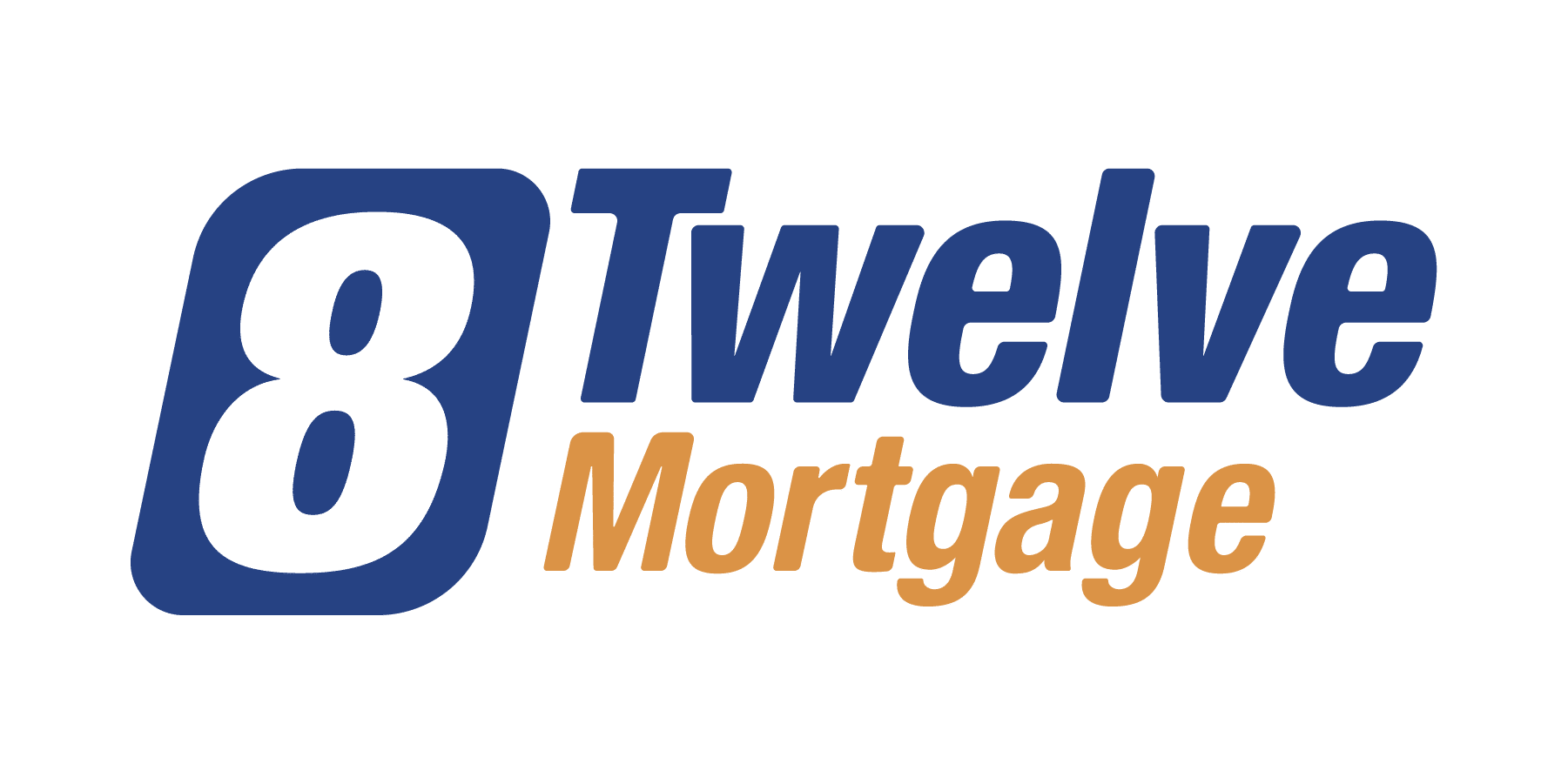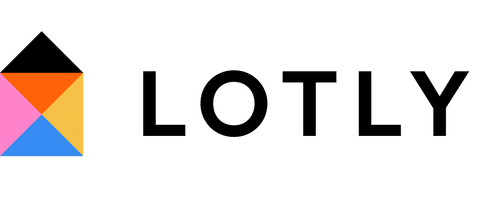Compare Lenders
What’s the Difference Between a Fixed and Variable Mortgage Rate?
When it comes to mortgage rates, there are two main types of mortgage rates to choose from: fixed and variable mortgage rates.Fixed mortgage rates are as they sound. Your mortgage rate and mortgage payment stay the same during your mortgage term. That means if you choose a 5-year fixed rate mortgage at 3.49%, then your mortgage rate stays at 3.49% during the 5 years of your mortgage term.The bond market influences fixed mortgage rates, which tend to move in the same direction. When government bond yields go up, fixed mortgage rates tend to go up; the reverse is true as well.Fixed mortgage rates tend to be ideal for first-time homebuyers and those who are risk adverse and prefer the “set it and forget it†approach.Variable (sometimes referred to as adjustable) mortgage rates tend to be lower than fixed rates, but carry more risk. That’s because your mortgage rate can change during your mortgage term. Variable mortgage rates are based on your lender’s prime rate (the rate it offers to its most creditworthy clients). Your lender then tends to charge a spread or offer a discount based on prime rate. For example, if you have a variable rate mortgage at prime minus 60 basis points and prime rate is currently 3.95%, then your mortgage rate would be 3.35%.The Bank of Canada’s overnight lender rate has a direct impact on a lender’s prime rate. When the bank of Canada raises or lowers interest rates, mortgage lenders are likely to follow suit by raising or lowering prime rate by the same amount.Variable mortgage rates tend to be ideal for those who don’t mind taking on a little extra risk and can afford interest rate hikes during their mortgage term. You’ll want to stress test your own finances if you’re considering a variable rate mortgage.Why Do Mortgage Rates Matter?
Mortgage rates are important when it comes to choosing a mortgage because they directly impact how much you qualify for. In order to qualify for a mortgage, you must pass the mortgage stress test. You’ll need to qualify at the greater of your mortgage rate plus 2% and the Bank of Canada’s five-year benchmark rate. For example, if the Bank of Canada’s five-year benchmark rate is 5.34% and your mortgage rate is 3.49%, you’d have to qualify at 5.49%, since it’s the higher of the two.If you’re currently in the middle of the term of your mortgage, you don’t need to worry about the stress test until your mortgage comes up for renewal. If mortgage rates are higher than when you first qualified for your mortgage and/or you’ve taken on additional debt, you may find it tough to switch lenders and pass the stress test. This may result in you not getting the best mortgage rate with your current lender upon renewal since they know you’re stuck.Explore more
Why Choose Smarter Loans?

Access to Over 50 Lenders in One Place

Transparency in Rates & Terms

100% Free to Use

Apply Once & Get Multiple Offers

Save Time & Money

Expert Tips and Advice


















